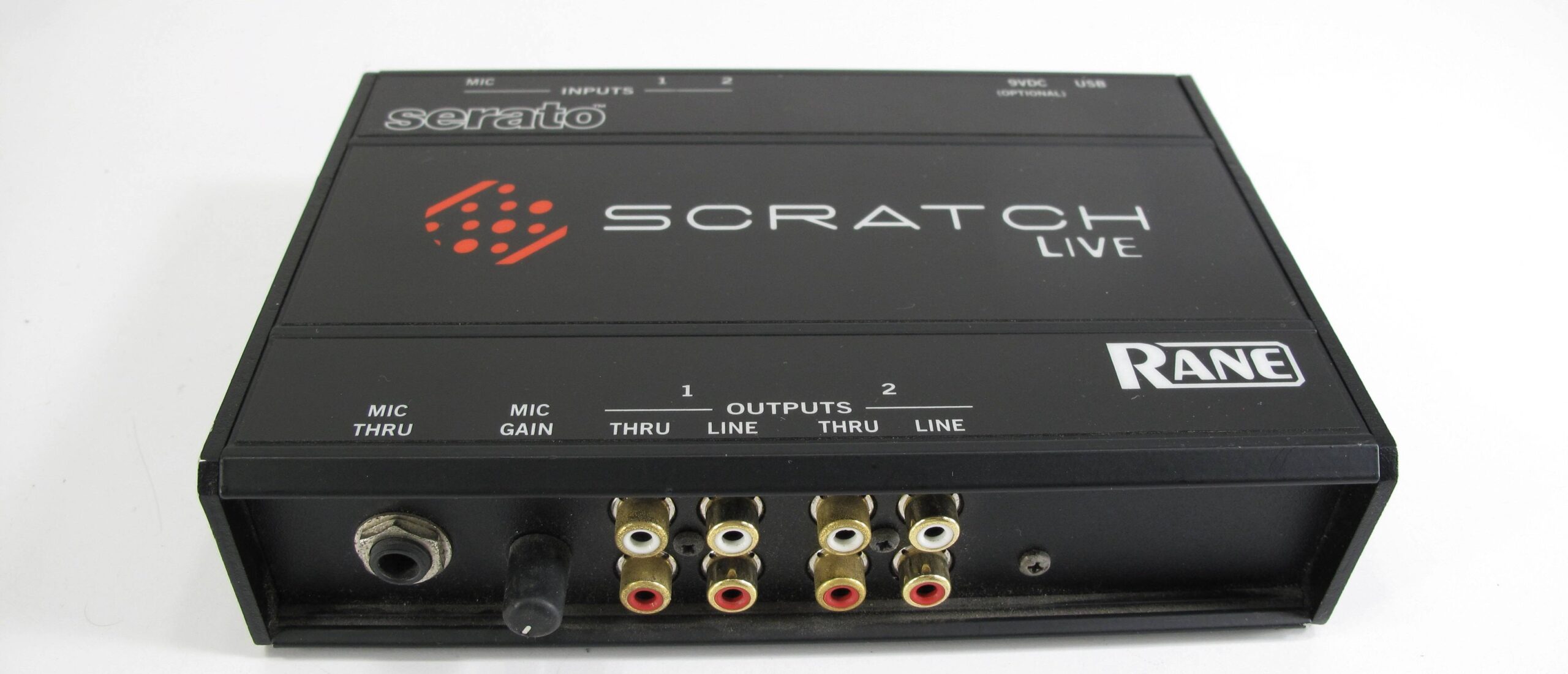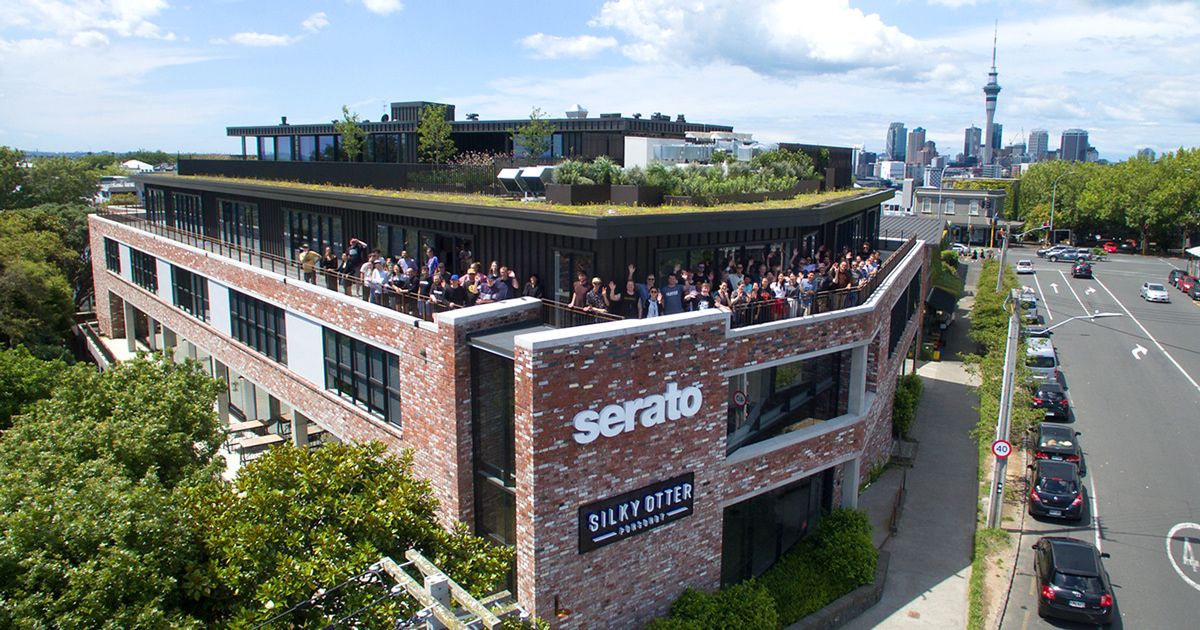In our industry, we’ve watched many brands consolidate over the last decade. Naturally, AlphaTheta’s pending acquisition of Serato Audio Research feels like it could be an intense consolidation for many DJs.
Insights from the executives steering those brands help give DJs a peek into what’s to come – but they are rare. We recently got a rare opportunity to chat with one of the key orchestrators of change at Serato – their Chief Strategy Officer, Nick Maclaren. In the wake of the announcement of AlphaTheta Corporation’s (Pioneer DJ’s parent company) acquisition of Serato, the DJ community has been buzzing with speculation and anticipation. Questions about product innovation, support, and the culture of Serato have been more prevalent than club-goers requests for Bad Bunny.
In this exclusive feature, we delve into the mind of one of Serato’s top executives to reveal the road map for this iconic brand. Will Serato stay the same in this new partnership? How will they balance preserving their rich legacy of innovation while being a part of a bigger corporation? We’ve got all the answers straight from the top – read on.
DJTT spoke with Nick Maclaren, Chief Strategy Officer at Serato, who heads up and oversees Serato’s product team from their HQ in Auckland, New Zealand.
DJTT: Hi Nick. How do you envision the collaboration between AlphaTheta Corporation / Pioneer DJ and Serato evolving after the acquisition, particularly in terms of product innovation?
Serato has been working closely with the team at AlphaTheta for years, listening to the DJ community and exploring opportunities that we are seeking as DJs ourselves to create exciting new products together. The nature of our partnership has enabled us to create products like the DDJ-SX, DJM-S9, DDJ-SP1 or more recently the DDJ- REV7. The acquisition isn’t about evolving Serato into a new way of being, but instead is about doubling down on what we know works. I’m fortunate to have been with Serato for 15 years, from the very beginnings of our partnership with Pioneer DJ, including a number of years living in Japan and working directly with the brand.
While I can’t speak to specific product innovations at this point, I like to think that together Serato and AlphaTheta have a fridge full of ingredients and it’s just about deciding what we want to cook up, and that’s something we’re really excited about.
Can you give us insight into how Serato plans to maintain its independence while being under AlphaTheta Corporation?
Let’s take it back to the beginning for a minute – Serato founders Steve West and AJ Bertenshaw built this company from nothing but insight and passion and the outcome is a unique brand that provides the best-in-class tools for DJs and music producers in partnership with a variety of hardware brands. I truly believe there’s not many brands like Serato out there (though I am biased, of course).
Our founders and the Serato team’s guiding question throughout the acquisition process has been “how do we find the best possible home for Serato?” What it all boils down to is simple. There is a deep and mutual respect between our groups. AlphaTheta recognizes the importance of Serato, our legacy, and the significance of our collaborations with other brands to the community, for example Rane, a truly iconic brand with whom we delivered our first piece of hardware, the SL1.

The biggest consideration for all of our discussions with AlphaTheta have been around ensuring Serato continues being Serato. In that sense, the partnership was really built on independence.
What kind of impact do you anticipate this acquisition will have on the existing Serato user base, particularly in terms of software updates and product support over a 5 year period?
We’ve had this question a lot and it is totally understandable. As Serato has always done, we will continue to support hardware for as long as we can, pending tech limitations due to operating system updates. A thriving industry is one where we are committed to supporting hardware from all of our incredible partners, who each offer something distinct to the market. This includes Rane, Denon DJ, Numark, Hercules, Reloop, Phase, Roland and others. We are focused on continuing these partnerships.
We know that DJs use different hardware in different contexts – at their homes, in the club, at weddings – and it’s always been our ethos to support the artist. That’s also why we have a history of mapping hardware products that aren’t specifically designed for Serato.
Can you talk about any assurances that have been provided to the team at Serato, and whether the acquisition is likely to impact company culture?
We’re a software company in a niche industry which means our main assets are our people, the culture we build through our team, and our brand. Those are the things that enable us to be successful, and AlphaTheta acknowledges this. That’s why we’ll continue in our current formation, operating from our HQ in Auckland, New Zealand, and will continue to work with the many and varied partnerships we have across the industry… maybe with a few more international visitors from time to time!
How do you see this acquisition impacting Serato’s long-term product roadmap, particularly regarding support and product development?
This is something I’m personally really excited about and I’d like to address this at the highest level first. We will continue to build out robust and compelling hardware roadmaps with our various partners, enabling us to deliver on the needs of DJs around the world.
Secondly, we know the synergies between Serato and AlphaTheta are strong – we’ve got a great track record of delivering products together. We know that there is potential to do more, and we have the intent to explore those opportunities.
Together, our brands have completed some unique, brave and out-of-the-box projects over time, take the DDJ-SP1 for example. There’s some great DNA of experimentation across both Serato and AlphaTheta that I find really inspiring.

Lastly, given the realities of large investment capital [potentially soon] owning the company, can you share how Serato plans to ensure that its core values and commitment to the DJ community remain at the forefront?
The DJ community is really the foundation of Serato, and is the beacon for decisions that we make as a company. We believe that AlphaTheta’s acquisition of Serato will strengthen our commitment and offerings for DJs and artists, whether that’s directly in our collaborative efforts with them, or through our powerful and unique industry partnerships.
That’s it for our chat with Nick – thanks to him and the Serato team for getting us this exclusive. Only time will confirm if this acquisition becomes a harmonious mix or not with the DJ community. We’ll continue to follow the story and learn more as information becomes available.
Have specific questions you wish we had asked? Let us know in the comments below and I’ll follow up if there are any heavily upvoted ones to try to get more insights.
